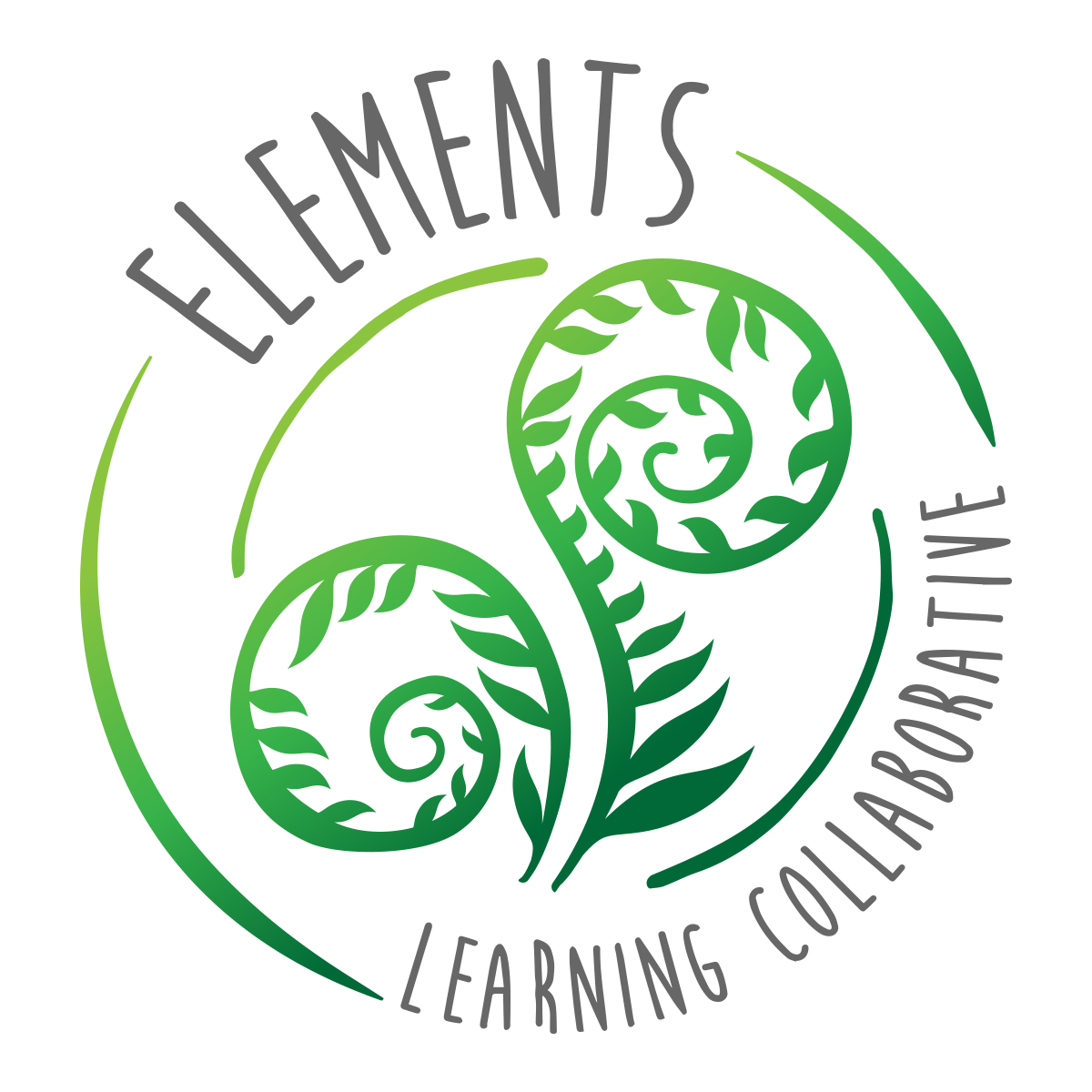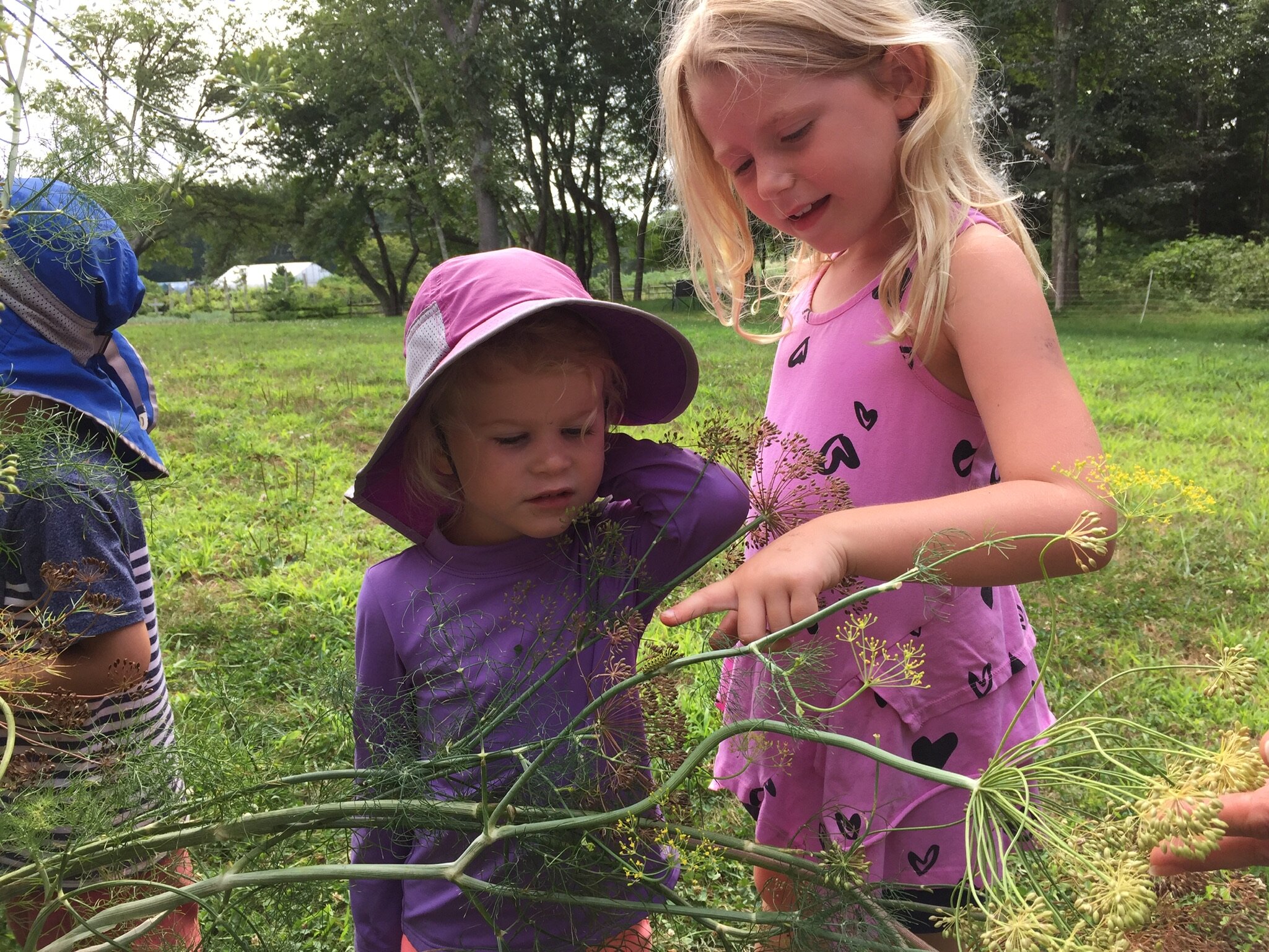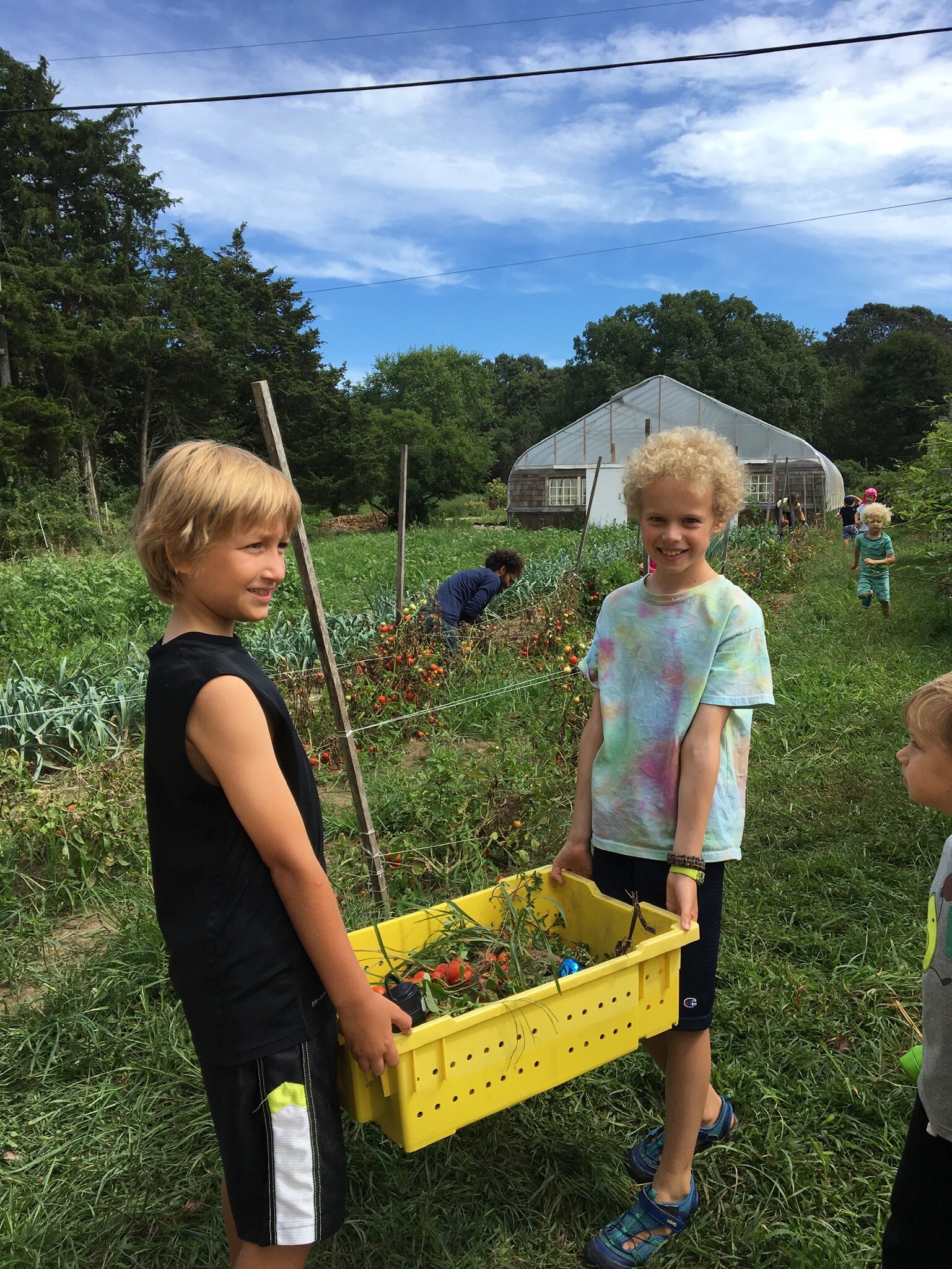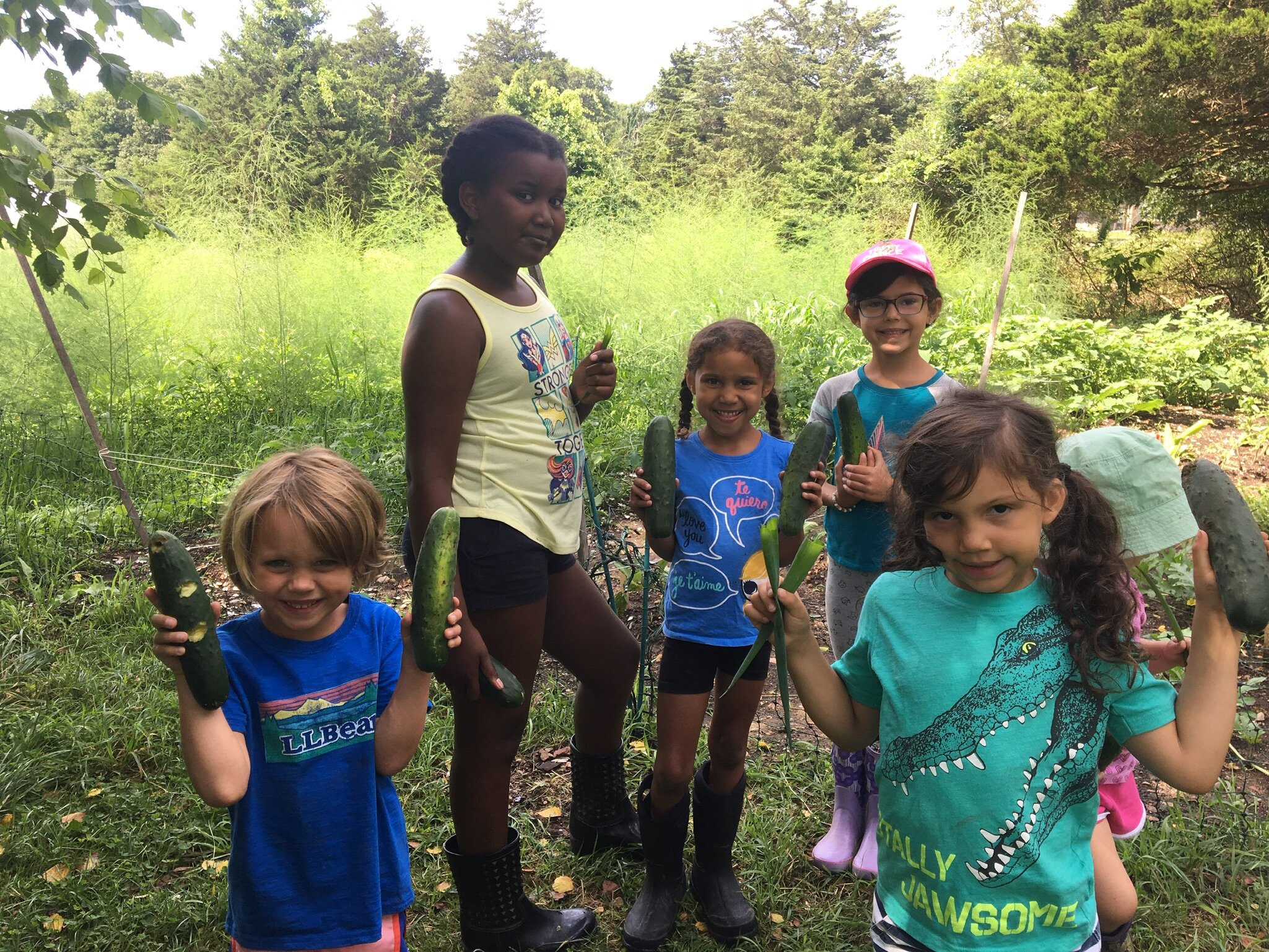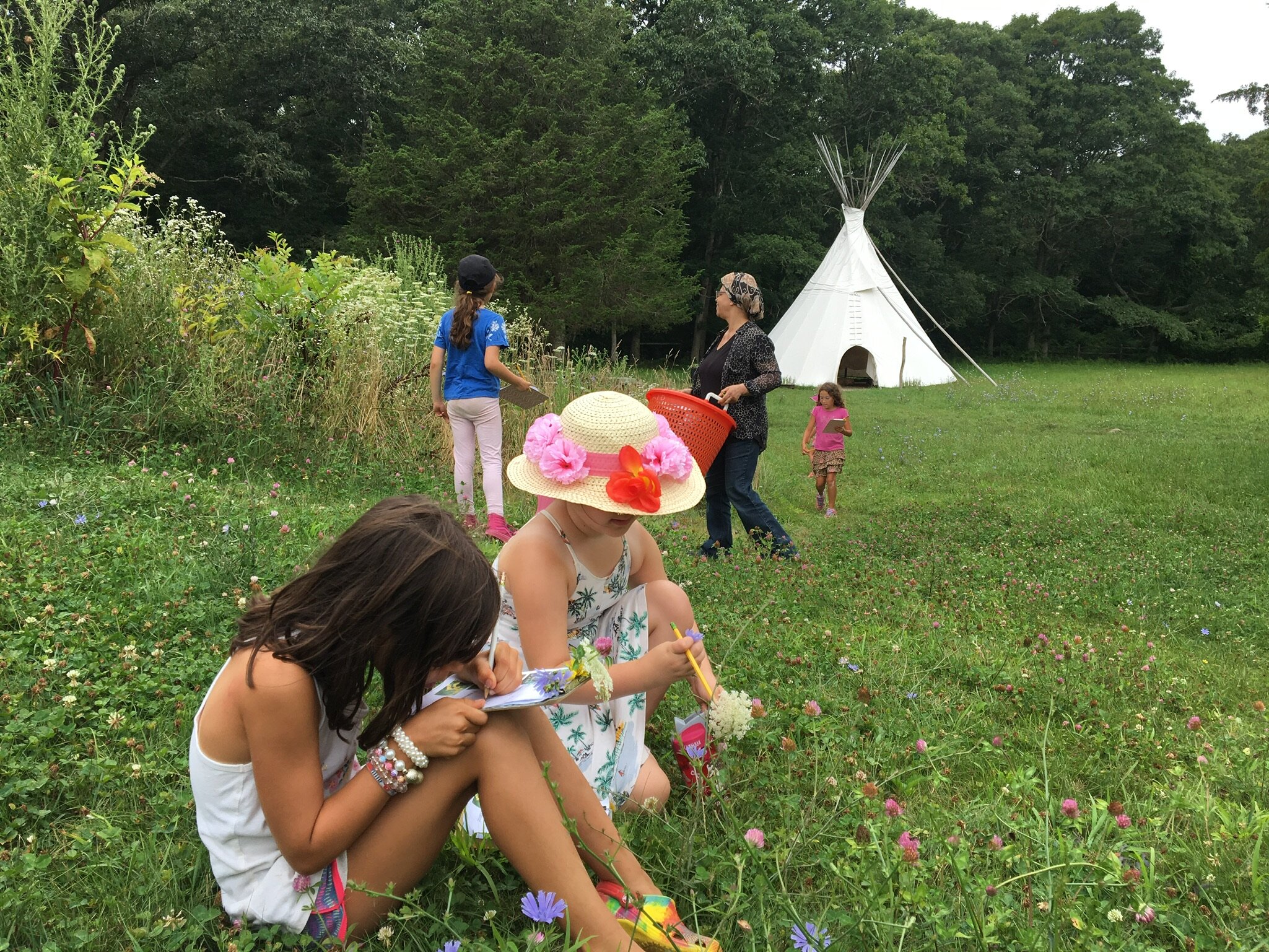Summer 2019 Newsletter
Wildflowers, Insects & The Water Cycle
It has been a beautiful summer and a wonderful beginning to our 2nd season! Our philosophy is based on the idea that self-initiated learning which involves the whole person of the learner—feelings as wells as intellect—is the most lasting and pervasive. (Carl Rogers) We thank you for supporting our mission to provide children with a holistic, joyful and child-centered learning experience immersed in nature.
August's Lessons & Fun
Wildflowers- The children and teachers thoroughly enjoyed wildflower week! With all the healthy pollinators at RTB we were able to study a variety of vibrant wildflowers growing! What a joy it is to frolic with the children identifying wildflowers! "Look its Chicory!"-Tabitha Through up-close observation, the children answered questions like, "Where do wildflowers grow? Who or what plants the wildflowers? What are the names of the wildflowers?"
Insect Study: Butterflies, Moths, Bees & Wasps- Campers identified what makes an insect an insect with songs, art, and live specimens. We found bugs under rocks and logs. Bees in the clovers. Butterflies in the field and moths on the lichen-covered trees. Children develop an understanding and appreciation for the mysterious insects beginning with their innate interests, exploring learning invitations and participating in guided lessons.
Water Cycle- Summer calls for water play-and we believe that "play is the highest form of research!" (Einstein) Our Elements Team works hard to create invitations to play, while also demonstrating our respect for the Earth's precious resources. In order to understand that "All the World's Water is All the World's Water," we created water cycle models, experimented with clouds in jars, and explored the 3 states of water. Just as absorbent sponges the children soaked up every bit of new information and then thought about -how can we conserve/save our clean water?
Social Skills-Through free play and exploration, songs, games, yoga, qigong, and meals students are able to practice conversation, working together, and caring for one’s whole self, each other, as well as the earth. Teachers model how to self-monitor feelings, communicate needs or wants, and navigate through decision making. All the while, allowing space for the children to try, make mistakes and try again. At Elements, social-emotional well being is a top priority.
Discussion Questions to Ask Your Child
Did you harvest & eat part of a plant that you have never tried before? What was it? What did it taste like?
What is the difference between a composting toilet vs. a regular flush toilet?
Which valuable resource is the composting toilets conserving?
What is growing in the children’s’ garden?
How did you help tend the garden?
What type of animals did you care for on the farm?
How did you care for the animal?
In what ways are you important to nature?
Yours Truly,
Cristy & Rachel
Co-Founders, Elements Learning Collaborative
